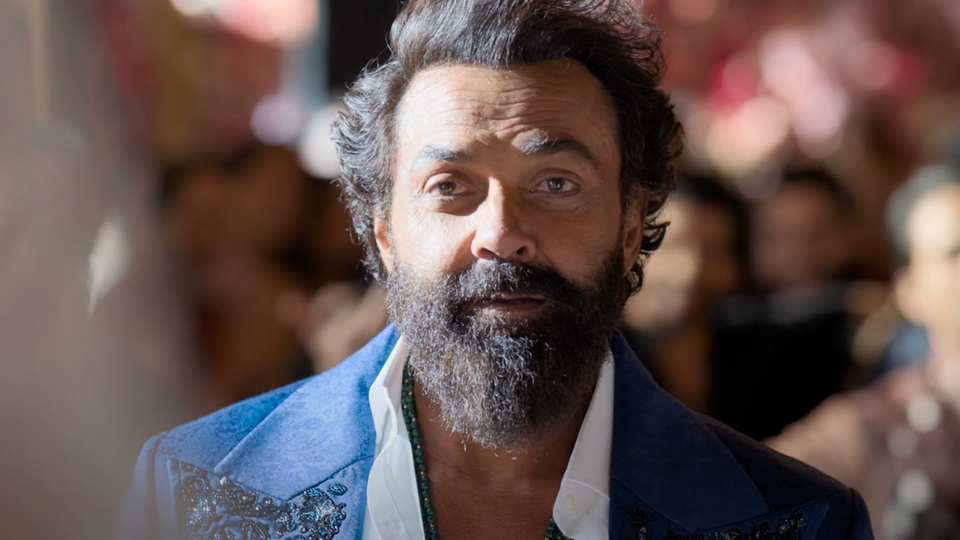The portrayal of Abdul Rashid as a humane, loving Muslim man was a reflection of a visibly thriving real-life Muslim community of India at the time. Their presence resonated with the ethos of a newly founded nation: secular, democratic, plural, while synergistically flowering a creative atmosphere that produced some great literature, poetry and a whole lot of social films like Anarkali (1953), Chaudavi Ki Chand (1960), Mughal –e-Azam (1960) and Pakeezah (1972), all of which portrayed Muslims as essentially good.





